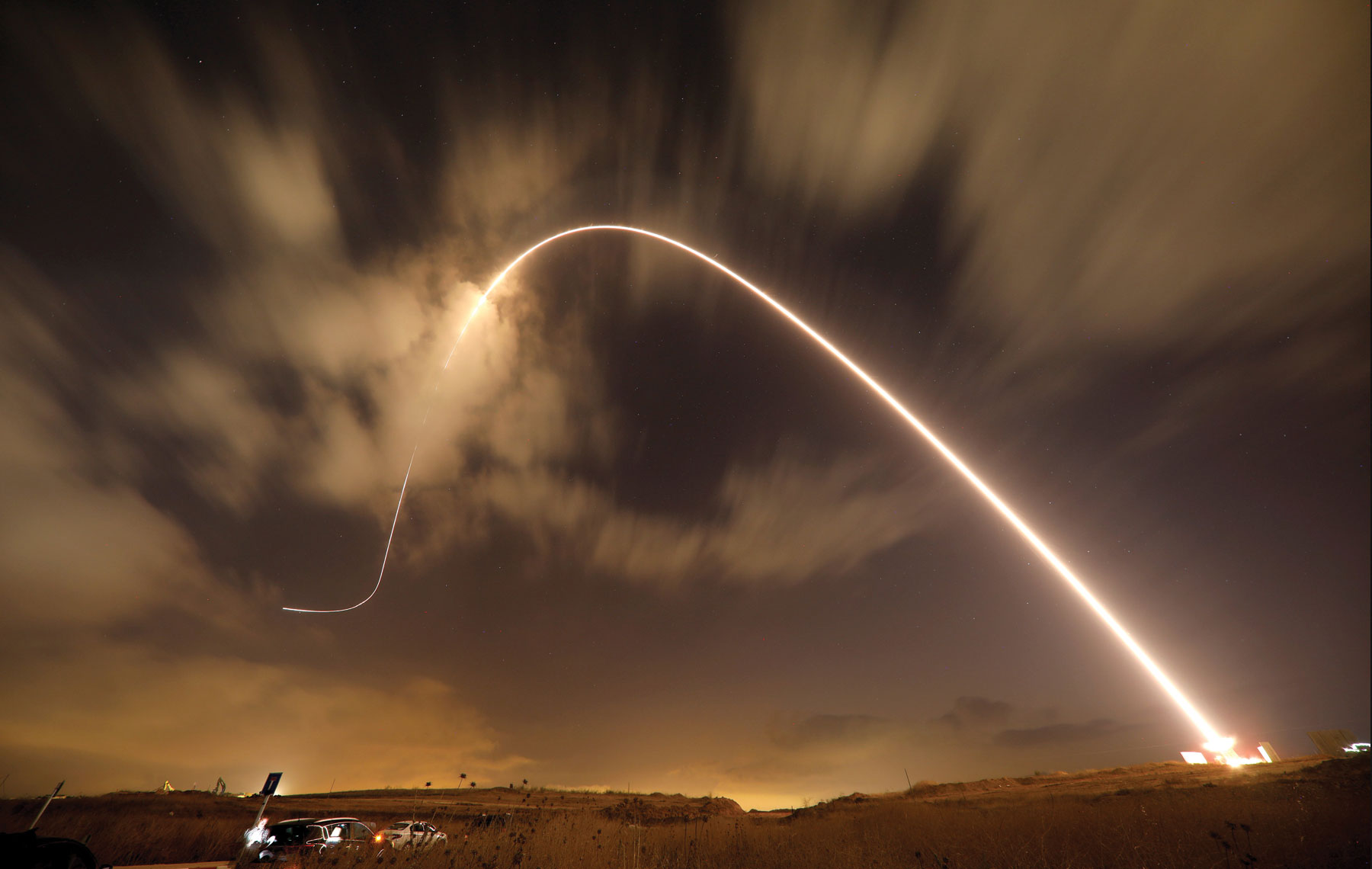
What happened?
On the night between Monday and Tuesday, the IDF killed a senior Islamic Jihad officer in Gaza.
Following the assassination, rockets were fired on many areas in Israel, south and center.
Schools and workplaces are closed in the southern half of Israel, including the Tel Aviv area.
In Damascus, an assassination attempt missed another Jihad commander (the boss of the Gaza Jihad commander). Israel did not take any credit for this event.
What was the purpose of the targeted killing?
Baha Abu al-Ata, a senior Islamic Jihad leader, initiated attacks on Israel. He was warned time and again but continued to plan attacks. Israel had no alternative to killing him, as Hamas authorities in Gaza did not act to restrain him. The purpose of the attack is double. One – to send a message that no one attacks Israel and gets away with it. Two – to harm the operational capabilities of Islamic Jihad.
What’s the reaction in Gaza?
Jihad is responding to the assassination. Hamas has to make a decision: does it respond, how much, and for how long. Israel’s message to Hamas is simple: make sure to respond in a way that does not force Israel to expand its military operation. In other words: send some rockets and then relax. Note that when Israel kills a senior Jihad operative – Hamas benefits. Abu al-Ata not only challenged Israel but also the authority of Hamas. So (the thinking in Israel goes) Hamas has no reason to want this event to escalate.
What Israel wants?
The goal of the assassination is simple and limited: to tame Islamic Jihad. This organization, a proxy of Iran, is currently the obstacle to having a more stable ceasefire with Gaza. That’s why we do not hear Israeli rhetoric against Hamas since the eruption of violence.
What is the best-case scenario?
A few hours, maybe a day, of rocket fire, and then a ceasefire.
What can go wrong?
If there are many casualties, in Israel or Gaza, public pressure could lead to escalation.
Iran could decide to use the outbreak of violence as pretext for attacks from Lebanon or other places.
Can this change the process of coalition building in Israel?
Sure, in at least two ways.
It makes it easier for Netanyahu (Likud) and Gantz (Blue and white) to declare that an emergency situation forces them into a unity government.
It makes it harder for Gantz to form a narrow coalition based on the support of the Arab Party (a party that is likely to oppose Israel’s actions).
Was Netanyahu acting to achieve a political goal?
Netanyahu is the leader of Israel and a politician. He must know that policy has implications on politics. He must know that eruption in Gaza could advance his political objectives. This does not mean that the decision to attack was political. Take into account the following facts: an attack like this takes preparation and planning – so the decision was made a few days ago. The decision was approved by the cabinet. There is no indication of unease with the decision from IDF commanders.
Fun fact: starting this morning, Israel has a new Minister of Defense, Naftali Bennett. For now, this has no meaning. He did not initiate the attack. He will not manage the event if it escalates (that’s Netanyahu’s job).
What does the opposition say?
Benny Gantz was quick to support the killing of Abu al-Ata. Amir Peretz (Labor) did the same. If there is criticism, it will come from the far left and from Arab politicians.
To be continued….?






















 More news and opinions than at a Shabbat dinner, right in your inbox.
More news and opinions than at a Shabbat dinner, right in your inbox.